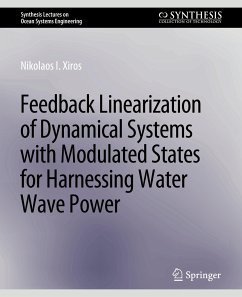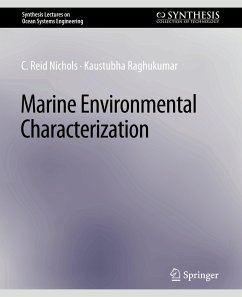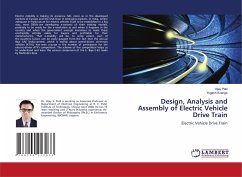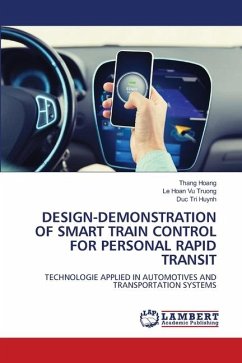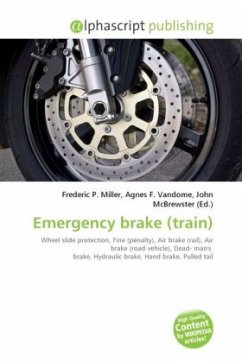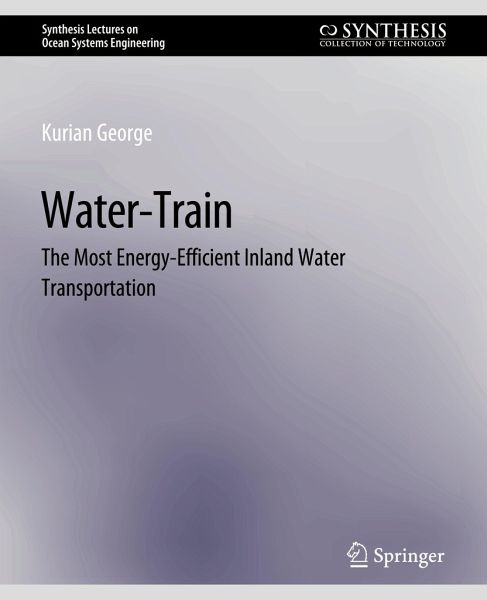
Water-Train
The Most Energy-Efficient Inland Water Transportation

PAYBACK Punkte
0 °P sammeln!
In a government-aided research project carried out at Cochin University, the inventor of the Water-Train demonstrated that his invention requires only 24 BTU/ton-km of energy whereas barges use 328 BTU in the same Inland water transportation situation. The use of this Water-Train can invariably curtail, to a large extent, the emission of greenhouse gasses thereby decreasing the effect on global warming. Conventional water vehicles use screw propellers which have high reacting energy loss in propulsion whereas the Water-Train relies on the earth for reaction which is an infinite mass causing no...
In a government-aided research project carried out at Cochin University, the inventor of the Water-Train demonstrated that his invention requires only 24 BTU/ton-km of energy whereas barges use 328 BTU in the same Inland water transportation situation. The use of this Water-Train can invariably curtail, to a large extent, the emission of greenhouse gasses thereby decreasing the effect on global warming. Conventional water vehicles use screw propellers which have high reacting energy loss in propulsion whereas the Water-Train relies on the earth for reaction which is an infinite mass causing no reacting energy loss at all. The propelled water takes away a large quantity of kinetic energy (1/2 2 where its mass is and velocity is ). Water-Train requires a monorail rigidly fixed to the earth through cross arms and pillars for applying the traction/propulsion force. The reacting body is the earth and so the traction efficiency tends toward 100%. It utilizes low friction of water and also the vehicles are connected serially like a locomotive and hence the wave making and skin resistances are also reduced. The NITIE study conducted earlier in India showed that diesel and electric trains use 166.3 BTU and 105.76 BTU, respectively, for the same purpose.





